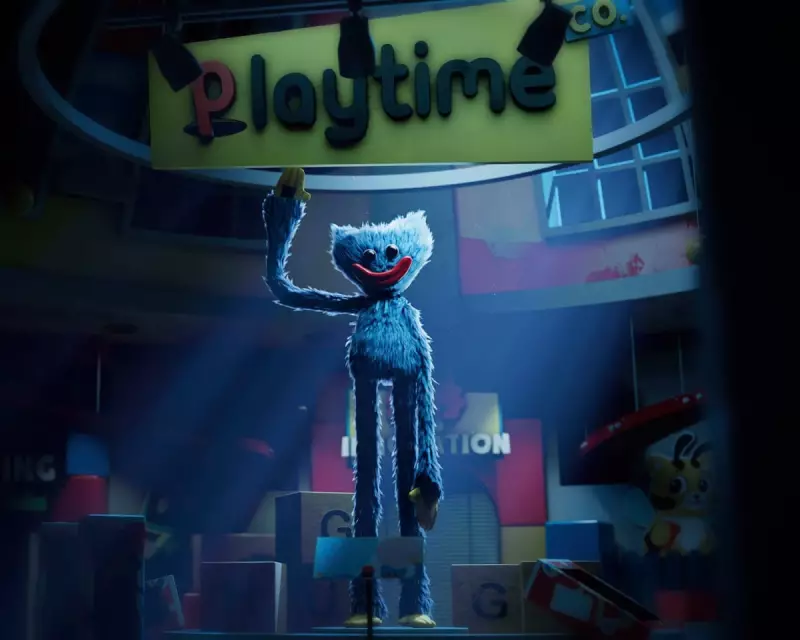
While most of us instinctively avoid fear and danger in real life, millions of gamers are voluntarily immersing themselves in digital nightmares. The psychology behind this apparent contradiction reveals fascinating insights into why horror games have become one of gaming's most enduring and popular genres.
The Thrill of Controlled Terror
According to psychological experts, the key lies in what researchers call 'benign masochism' - the enjoyment of negative emotions in a safe context. Dr Eleanor Vance, a cognitive psychologist specialising in media consumption, explains: "Horror games provide the perfect laboratory for experiencing intense fear while knowing, on some level, that we're completely safe. It's like an emotional rollercoaster for the psyche."
Beyond Jump Scares: The Deeper Appeal
Modern horror gaming has evolved far beyond simple jump scares. Today's most successful titles create sustained psychological tension through:
- Atmospheric world-building that creates lingering unease
- Narrative depth that makes players emotionally invested
- Resource management that adds strategic tension to survival
- Moral dilemmas that challenge players' ethical boundaries
The Science of Scaring Ourselves
Neurological studies show that playing horror games triggers the same fight-or-flight response as real danger, flooding the body with adrenaline and cortisol. However, the brain's prefrontal cortex maintains awareness of the fictional context, creating what psychologists call 'the paradox of horror'.
Dr Marcus Thorne, a researcher in interactive media psychology, notes: "The satisfaction comes not just from the fear itself, but from overcoming it. Each survival moment provides a powerful sense of mastery and resilience that can be genuinely empowering."
Why Some Players Become Horror Addicts
The appeal varies significantly among different player types:
- The Thrill-Seeker: Drawn to the adrenaline rush and intense emotional experiences
- The Story Explorer: Fascinated by dark narratives and uncovering sinister mysteries
- The Mastery Player: Motivated by overcoming challenges and 'beating' the horror
- The Social Gamer: Enjoys shared scary experiences and communal reactions
The Therapeutic Angle
Surprisingly, controlled exposure to fear through gaming might have psychological benefits. Some therapists suggest that horror games can serve as exposure therapy for anxiety, helping players develop coping mechanisms in a controlled environment.
"When you voluntarily confront fears in a game, you're essentially practicing emotional regulation," explains Dr Vance. "You learn that you can experience intense fear and still function, still problem-solve, still push forward."
The Future of Fear Gaming
With advancing VR technology and more sophisticated AI, horror games are becoming increasingly immersive. The psychological impact is likely to deepen, raising interesting questions about how far we'll go to scare ourselves - and why we find the experience so compelling.
As Dr Thorne concludes: "Horror games tap into something fundamental about human psychology. They allow us to dance with darkness while knowing the lights are always within reach."





